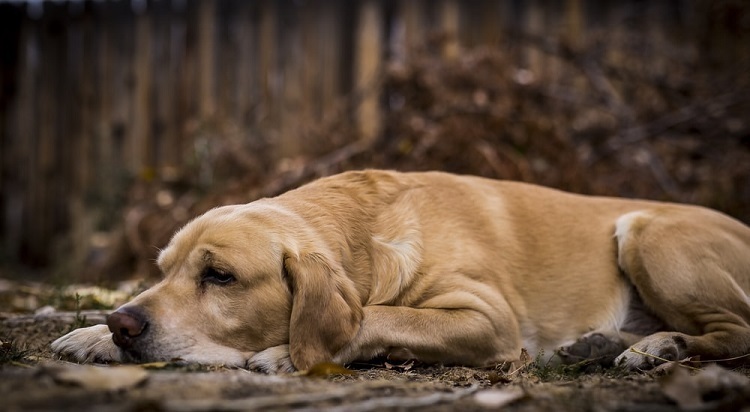This is a common question asked by pet owners, and the answer is yes, your dog can still get kennel cough even if they have been vaccinated. This is because there are many strains of the Bordetella bronchiseptica bacteria, which can cause kennel cough, and the vaccination only covers a few of these.
However, if your dog is vaccinated against kennel cough, they can still get it but it will be a less severe infection with fewer symptoms and a shorter duration.
If you are going to put your dog in a boarding facility or somewhere with many dogs, it is a good idea to have them vaccinated against kennel cough, as it can be very contagious.
If your dog starts showing any of the common symptoms of kennel cough – such as coughing, sneezing, and a runny nose – take them to the vet as soon as possible for treatment. Treatment usually involves antibiotics and cough suppressants, plus supportive care like suctioning the nose.
Table of Contents
What is kennel cough?
Kennel cough is a fairly common disease of the respiratory tract of dogs caused by several infectious agents. The most common causative agents are viruses, but bacteria and even fungi can be involved.
The name kennel cough is given to this infectious disease because it was originally associated with dogs in kennels (or catteries). But any dog coming into contact with a carrier of the infectious agent may develop it.
In fact, kennel cough is not so much a disease as a syndrome because many different agents produce similar symptoms. The severity of these symptoms also varies from case to case and may depend on factors such as: the causative agent, the age and health of the dog, and the strength of the dog’s immune system.
Contact Pinnacle Hardware for more information on Dog kennels.
What are the symptoms of kennel cough?
The symptoms of kennel cough can be quite variable but usually include a dry, hacking cough, sneezing, and a runny nose. In severe cases, there may also be fever, lethargy, and even vomiting and diarrhea.
Many dogs will show some or all of these symptoms about 5 to 10 days after being exposed to the infectious agent. In some cases, the symptoms may be quite mild and the dog may only exhibit a slight cough. But in other cases, the symptoms can be very severe and may even lead to death.
How is kennel cough treated?
There is no one-size-fits-all treatment for kennel cough and the approach will vary depending on the cause. If a virus is the cause, then antibiotics may be prescribed to kill the bacteria that often accompanies viral infections. If a bacterial infection is responsible, then antibiotics will also be used. Sometimes, both antibiotics and antiviral drugs are given together to treat both the bacterial and viral components of the disease.
Other therapies may also be used to ease symptoms, including antihistamines, decongestants, bronchodilators, cough suppressants, expectorants, mucolytics to thin the mucus, and even steroids in severe cases.
How can kennel cough be prevented?
The best way to prevent kennel cough is to make sure your dog is vaccinated against the most common causes of the disease. There are several different vaccines available, so check with your veterinarian to see which one is best for your dog.
There are also a number of other things you can do to reduce your dog’s risk of getting kennel cough, including:
– Keeping your dog away from places where there are lots of other dogs (e.g., pet stores, parks, kennels)
– Avoiding contact with sick animals
– Washing your hands thoroughly after handling your dog
– Disinfecting your dog’s toys and bowls regularly
– Regularly cleaning your dog’s kennel or bedding
Conclusion
Kennel cough is a highly contagious illness that can affect cats and dogs. The virus for kennel cough, Bordetella bronchiseptica, is spread via airborne droplets from infected animals or people. There are several ways to protect your pet against this disease including vaccination, but there’s no guarantee they won’t get it anyways even when vaccinated. If you have any questions about the symptoms of kennel cough in pets contact us.

